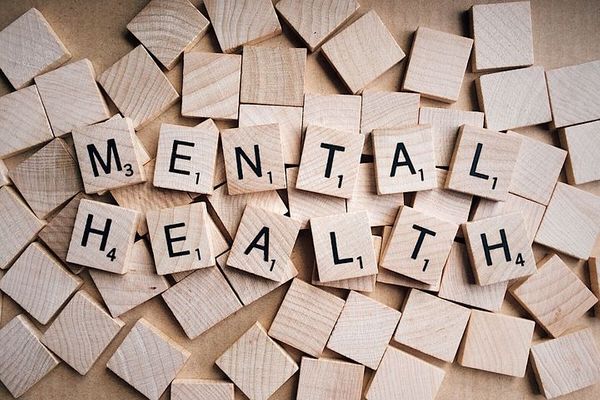5.4.3
Social Constructionist Approach
The Unreliability of Diagnoses
The Unreliability of Diagnoses
Broadly, social constructionist approaches to mental health view mental illness as a social, rather than biological, construction.


The myth of mental illness
The myth of mental illness
- Thomas Szasz argues that mental illness is a label applied by powerful or influential people to control those seen as socially disruptive or who challenge the dominant ideology.
- What we define as madness or mental illness cannot be cured because the problem is not within the individual but in the attitudes of other people.
- Mental illness does not, therefore, exist.


Experiment
Experiment
- David Rosenhan conducted an experiment in the 1970’s to investigate how well health professional could diagnose mental illness.
- He arranged for healthy volunteers (including himself) to visit different psychiatric hospitals in the United States and lie to staff about hearing voices.


Findings
Findings
- All were diagnosed with schizophrenia and admitted to hospital where they spent between 7 and 52 days.


Experiment 2
Experiment 2
- When the hospitals discovered that they had been tricked, they challenged Rosenhan to repeat the experiment and assured him that they would identify all of his ‘pseudo-patients’.


Findings 2
Findings 2
- When the hospitals declared that they had found forty-one fake patients, Rosenhan admitted that he hadn’t actually sent any.
Criticism of Social Constructionist Approaches
Criticism of Social Constructionist Approaches
Broadly, social constructionist approaches to mental health view mental illness as a social, rather than biological, construction. This view is not free from criticism.
1Theory & Methods
1.1Sociological Theories
1.2Sociological Methods
2Education with Methods in Context
2.1Role & Function of the Education System
2.2Educational Achievement
2.3Relationships & Processes Within Schools
3Option 1: Culture & Identity
3.1Conceptions of Culture
3.2Identity & Socialisation
3.3Social Identity
3.4Production, Consumption & Globalisation
4Option 1: Families & Households
4.1Families & Households
4.2Changing Patterns
4.3The Symmetrical Family
4.4Children & Childhood
5Option 1: Health
5.1Social Constructions
5.2Social Distribution of Healthcare
5.3Provision & Access to Healthcare
5.4Mental Health
6Option 1: Work, Poverty & Welfare
6.1Poverty & Wealth
7Option 2: Beliefs in Society
7.1Ideology, Science & Religion
7.2Religious Movements
7.3Society & Religion
8Option 2: Global Development
8.1Development, Underdevelopment & Global Inequality
8.2Globalisation & Global Organisations
8.3Aid, Trade, Industrialisation, Urbanisation
9Option 2: The Media
9.1Contemporary Media
9.2Media Representations
10Crime & Deviance
10.1Crime & Society
10.2Social Distribution of Crime
Jump to other topics
1Theory & Methods
1.1Sociological Theories
1.2Sociological Methods
2Education with Methods in Context
2.1Role & Function of the Education System
2.2Educational Achievement
2.3Relationships & Processes Within Schools
3Option 1: Culture & Identity
3.1Conceptions of Culture
3.2Identity & Socialisation
3.3Social Identity
3.4Production, Consumption & Globalisation
4Option 1: Families & Households
4.1Families & Households
4.2Changing Patterns
4.3The Symmetrical Family
4.4Children & Childhood
5Option 1: Health
5.1Social Constructions
5.2Social Distribution of Healthcare
5.3Provision & Access to Healthcare
5.4Mental Health
6Option 1: Work, Poverty & Welfare
6.1Poverty & Wealth
7Option 2: Beliefs in Society
7.1Ideology, Science & Religion
7.2Religious Movements
7.3Society & Religion
8Option 2: Global Development
8.1Development, Underdevelopment & Global Inequality
8.2Globalisation & Global Organisations
8.3Aid, Trade, Industrialisation, Urbanisation
9Option 2: The Media
9.1Contemporary Media
9.2Media Representations
10Crime & Deviance
10.1Crime & Society
10.2Social Distribution of Crime
Unlock your full potential with Seneca Premium
Unlimited access to 10,000+ open-ended exam questions
Mini-mock exams based on your study history
Unlock 800+ premium courses & e-books



Social Constructionist Approaches to Mental Illness
Broadly, social constructionist approaches to mental health view mental illness as a social, rather than biological, construction.
Social approach
Arguments for the social approach
Cultural support
Political contention